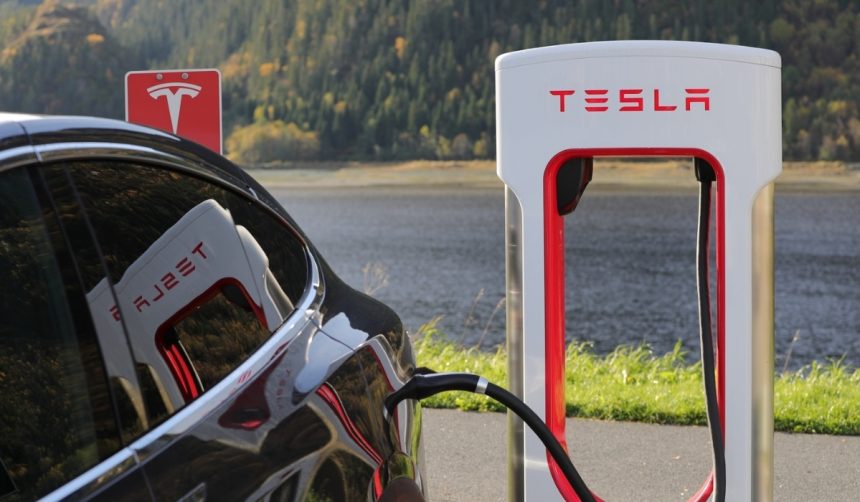A new development marks the growing use of electric trucks in logistics, as PepsiCo moves forward with plans to install 18 Tesla Semi Megachargers at its manufacturing site in Charlotte, North Carolina. The site upgrade includes three Tesla Megapack battery systems, enhancing the integration of charging infrastructure with local energy management. The move comes at a time when both PepsiCo and Tesla are intensifying their efforts to electrify freight operations and reduce emissions. This expansion of charging facilities is expected to support the increasing number of Tesla Semi units within PepsiCo’s transport fleet. As electrification projects expand, the commercial transportation sector will likely face new requirements for energy infrastructure and operational change.
When earlier projects for Tesla Semi charging infrastructure rolled out in California, they were characterized by smaller installations and more limited capacity. Facility locations in Modesto, Sacramento, and Fresno, for instance, initially had fewer Megachargers than the upcoming Charlotte site, which is set to accommodate a larger portion of PepsiCo’s actively growing electric fleet. More recently, PepsiCo received additional deliveries of the Tesla Semi and now operates dozens of units in its California distribution network. The increase in both vehicle count and charging capacity in North Carolina signals an uptick in scale and ambition compared to previous installations.
How Will the New Megachargers Improve Fleet Operations?
The new Megachargers will enable PepsiCo’s Charlotte facility to support a higher volume of Tesla Semi trucks with faster turnarounds. Each Megacharger reportedly delivers up to 1MW of power, sufficient to charge the Class 8 Semi to roughly 70% within 30 minutes. This charging speed limits downtime and allows electric trucks to be deployed more efficiently in day-to-day logistics. The integration of multiple Megapack battery systems provides additional grid stability and backup, which can help manage charging loads, especially during peak demand.
What Has PepsiCo’s Experience with Tesla Semis Revealed?
Following its first delivery of 15 Tesla Semis in 2023, PepsiCo expanded its order, reaching approximately 86 vehicles last year. The manufacturer conducted pilot programs and gathered operator feedback. According to Dan Priestley, Semi Senior Manager, drivers responded positively to the electric truck experience.
“A handful of PepsiCo workers said they really liked the Semi and wouldn’t plan on going back to diesel trucks.”
Such comments underscore shifting perceptions in the workforce as electric trucks become more common within commercial fleets.
How Will Tesla’s Manufacturing Expansion Affect Supply?
Tesla is nearing completion of a high-volume Semi manufacturing plant at its Gigafactory in Nevada, with an eventual goal of producing up to 50,000 units annually. This anticipated boost in production could increase availability for corporate clients like PepsiCo and enable further expansion of electric transport logistics nationwide. Tesla’s initiatives also include submitting permits for additional Megacharging stations, such as the proposed 12-unit Megacharger installation in Los Angeles County, pointing to broadening support infrastructure for electric trucks.
As PepsiCo and Tesla extend their efforts in developing electric truck fleets and charging infrastructure, several insights become clear. The stepwise increase in Megacharger numbers and geographic scope reflects broader adoption trends within heavy commercial transport. Companies considering similar investments may closely track operational feedback from ongoing deployments. The integration of Megapack energy storage alongside high-power charging can help minimize the impact of energy spikes on both the facility and the local grid. Broader rollout of high-capacity chargers is likely to require cooperation with utilities and may reshape energy use patterns in logistics hubs.










